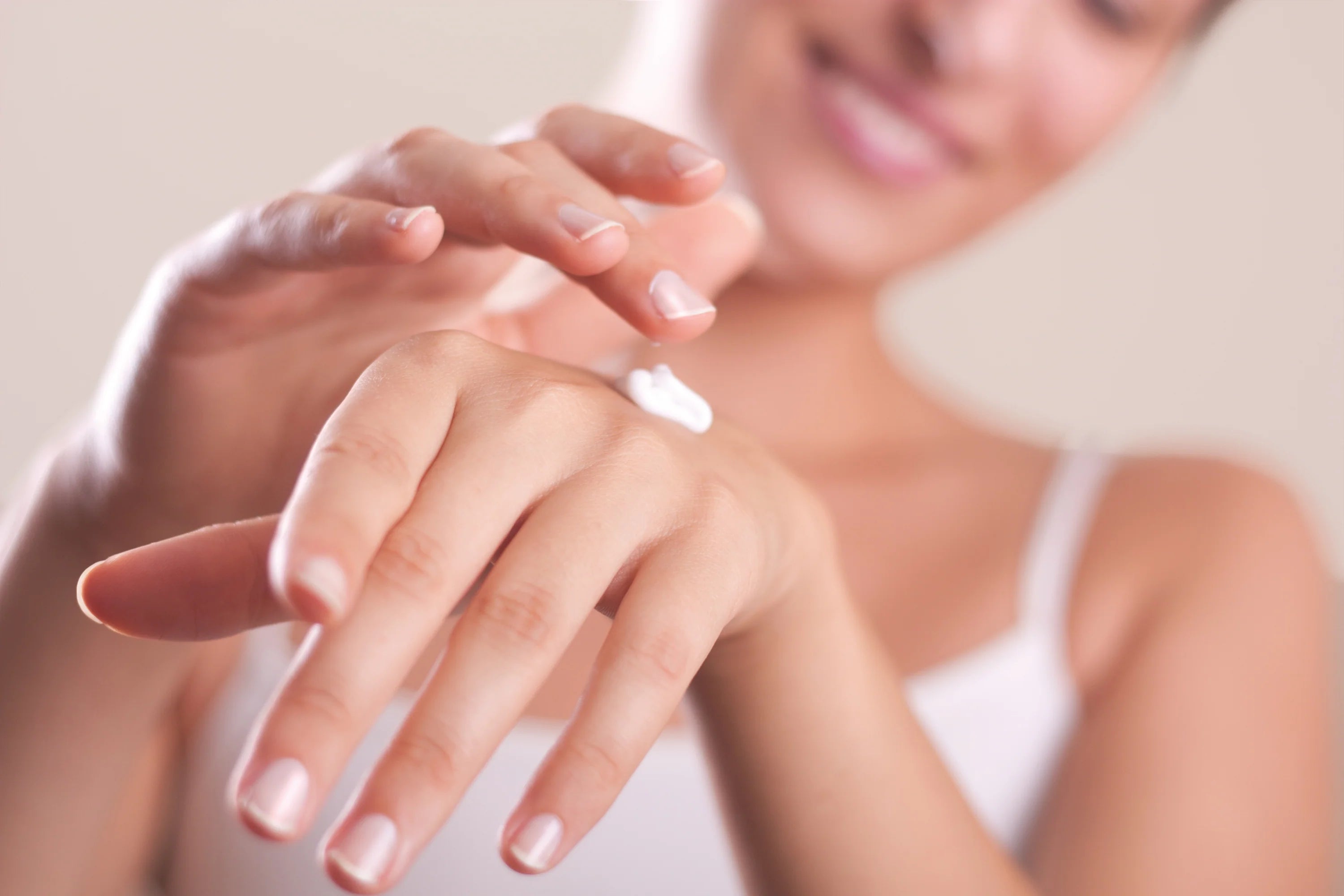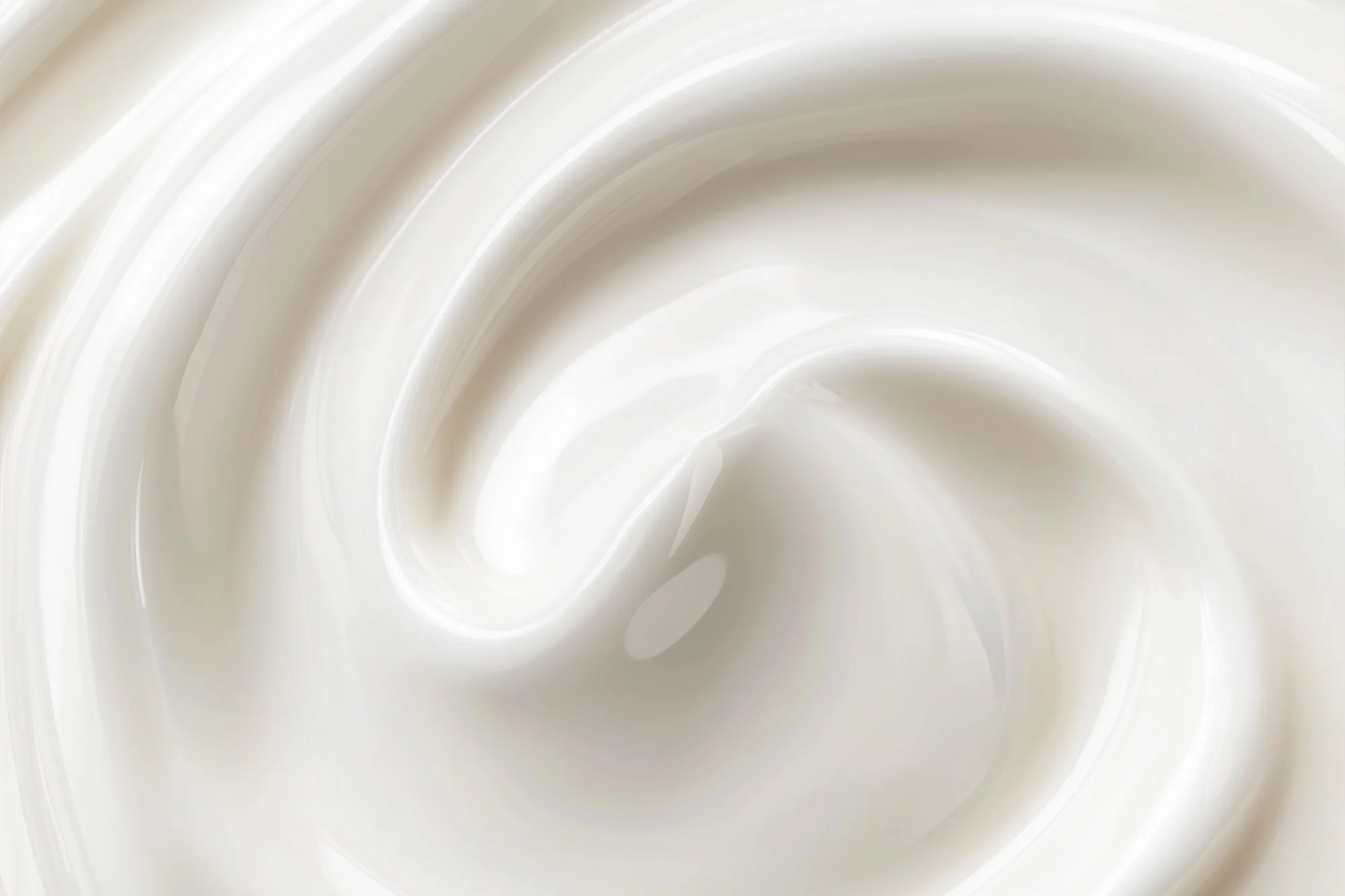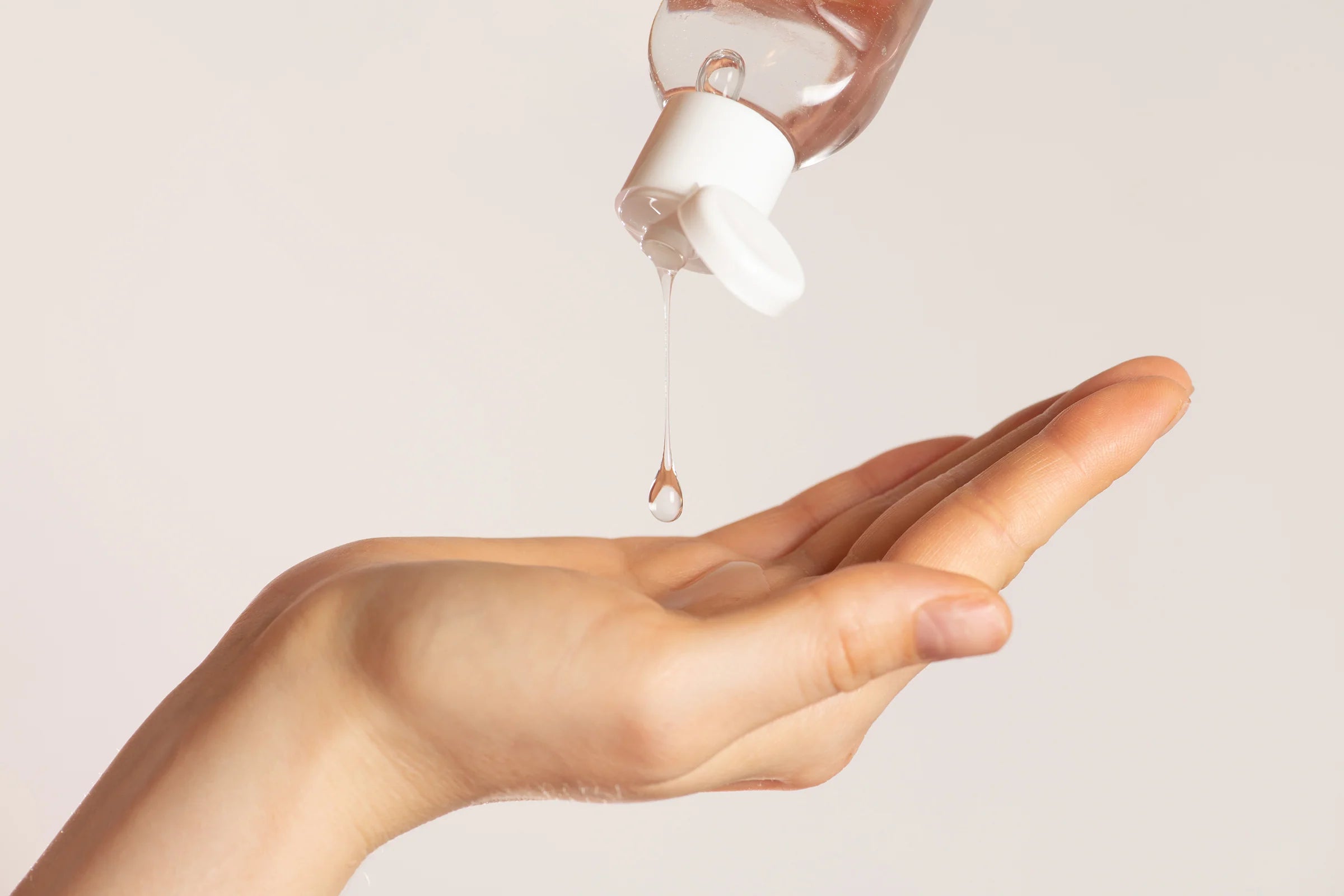
How Bacteria and Germs Impact Your Skin Health
We all know that bacteria, fungi, and viruses can negatively affect our immune system, but what about their impact on our skin? The skin is our body’s first line of defense against external threats, yet it is constantly exposed to all kinds of bacteria and germs. Maintaining healthy skin is not just about aesthetics; it is also about protecting our largest organ.
Under the Microscope
Our skin is home to a diverse range of microorganisms, including bacteria, fungi, and viruses. This might sound alarming, but not all bacteria are harmful. Some, like S. epidermidis, are a natural part of the skin’s microbiome, helping to protect against harmful pathogens. Their benefits even go as far as protecting the skin from water loss and damage.
A healthy balance between good and harmful bacteria is essential for skin health, specifically a healthy microbiome. For example, when the microbiome is balanced, it supports a natural defense mechanism against infection. Disruption of this balance, due to poor hygiene or overuse of harsh products, can lead to a number of skin problems like acne, dermatitis, and even serious infections.
However, where there is good bacteria, there is bad bacteria. Other harmful microorganisms like fungi and viruses also inhabit our skin. Examples include Candida, which can cause the overgrowth of yeast, leading to athlete’s foot. Understanding the full spectrum of all microorganisms that affect our skin is key to effective skin care and protection.
10 Skin Conditions Caused by Bacteria, Fungi, and Viruses
Our skin can be affected by bacteria and germs in various ways. Sometimes, it is as simple as touching a contaminated surface and then touching your face or another part of your body. This makes keeping your hands clean crucial. Here are some common skin conditions caused by these microorganisms:
Skin Reactions to Bacteria
- Acne: A common bacterial skin condition. Unwashed hands touching the face can spread bacteria, leading to breakouts not only on the face but also on other areas like the chest and back.
- Folliculitis: Often mistaken for razor bumps, Folliculitis is an infection of the hair follicles that can cause red, inflamed bumps. When paired with shaving or friction, the result can worsen and lead to skin infections.
- Cellulitis: Most often associated with health conditions like diabetes, cellulitis causes redness, swelling, and tenderness. It can result from exposure to bacteria or untreated cuts, bug bites, and surgical wounds.
- Impetigo: A highly contagious skin infection that causes red sores, commonly in children. Early hygiene practices are essential to prevent its spread.
- Boils: Painful, pus-filled lumps caused by bacteria. Boils can vary in size, and when left untreated, they can develop into large, swollen abscesses.
Skin Reactions to Fungi and Viruses
- Athlete’s Foot: Known as the most common fungal infection, athlete’s foot can appear on other areas of the body despite its name. Touching contaminated surfaces with the hands and feet makes this condition easy to contract and spread.
- Ringworm: Another fungal infection that appears as red, circular rashes on the skin. This condition can be contracted by infected surfaces, animals, or direct skin contact.
- Cold Sores: Caused by the herpes simplex virus, cold sores manifest as small, painful blisters that usually form around the lips but can appear anywhere on the face if spread.
- Warts: Caused by the human papillomavirus (HPV), warts are highly contagious growths that can spread through direct skin contact or contact with infected surfaces.
- Molluscum Contagiosum: A highly contagious viral infection that causes small, raised lesions on the skin. It is mostly seen in children and can spread through contaminated surfaces or skin-to-skin contact.
How to Protect Your Skin
Proper skin protection starts with understanding how germs spread and taking steps to minimize exposure. Even if a skin condition appears in one area, it is still possible to spread it to other areas with unprotected or unwashed hands. Bacteria and germs are not picky when choosing where to infect your skin.
Daily Hygiene Practices
Regular cleansing is key to removing dirt, oil, and germs that accumulate on the skin. Using an effective cleanser like Laboratory Skin Care® (LSC)’s Antimicrobial Cleanser is most helpful in eliminating 99.9% of bacteria, fungi, and viruses. Simple yet effective, washing the skin is the best way to prevent skin issues. For on-the-go protection, reach for a high-quality solution like LSC’s Antimicrobial Moisturizer, which protects the skin for over four hours after initial application.
Choosing the Right Products
Your daily cleansing routine is only as effective as the products you use. Prioritize antimicrobial protection over antibacterial and opt for alcohol-free formulas gentle enough for daily use. Harsh products can damage the skin’s natural barrier, reducing its ability to protect against germs consistently.
Beyond being gentle, a good product should also support your skin’s microbiome by balancing good and bad bacteria. Research from the Perelman School of Medicine at the University of Pennsylvania highlights that “disruption opens the door for colonization by an unwanted strain,” increasing the risk of infection. That is why it is crucial to choose products like LSC’s, which are formulated to target harmful bacteria while preserving the good, maintaining your skin’s natural defenses.
Seeking Medical Advice
Skincare and hygiene can only go so far. If you notice any signs of infection or unusual irritation, consult a healthcare professional. A dermatologist can provide tailored treatments to manage and prevent future skin issues. Timely consultation is important for maintaining skin health.
The Takeaway
Good hygiene is essential for protecting your skin—the body’s biggest organ—from harmful bacteria and germs. However, it is also important not to overdo it with harsh products that can compromise the skin’s natural barrier.
Ensure healthy skin by:
- Using gentle products formulated for daily use
- Regularly washing your hands, face, and body
- Choosing products that provide comprehensive protection
- Seeking medical care to treat suspected infections
Acne, skin infections, and fungal infections can affect everyone at any age. While risks are always present as long as our skin is exposed to external elements, proactive steps can help keep your skin healthy and protected.


